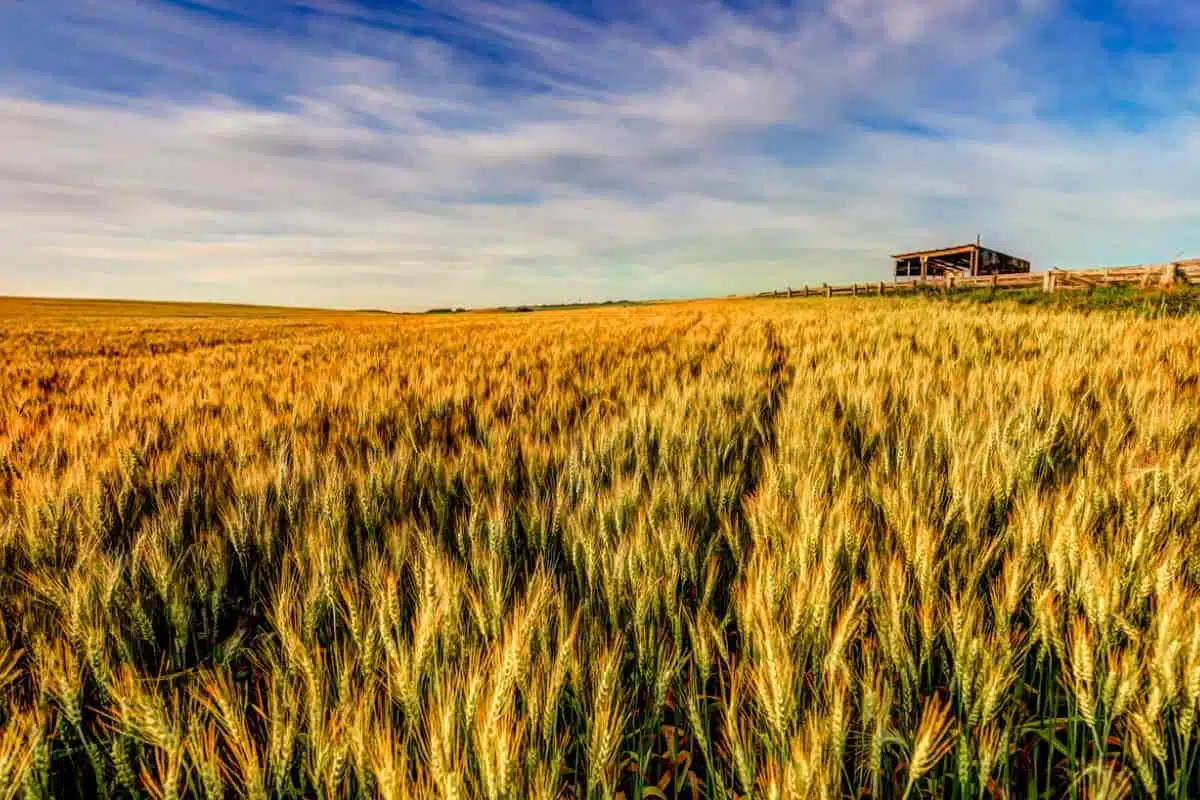In the latest phase of two previously announced immigration pilot programs, Immigration Refugees and Citizenship Canada (IRCC) is now accepting community applications for the Rural Community Immigration Pilot and the Francophone Community Immigration Pilot.
The two pilot programs are officially set to begin onboarding and training selected communities this fall. They both aim to support Canada’s “long-term growth and (our) linguistic vitality” according to IRCC’s press release.
Both programs were announced in March this year and are expected to begin accepting applications from newcomers this fall, although a date has yet to be confirmed.
IRCC says it will process up to 5,500 permanent resident applications through these programs per year.
The department explained that 15 communities total will be selected to participate in the pilot programs based on, “their economic needs, the availability of services and programs to assist newcomers, and the capacity of their economic development organizations to partner with IRCC.”
Interested organizations may apply on behalf of their communities using an IRCC questionnaire no later than July 2.
Rural and Northern Immigration Pilot
Many of Canada’s immigration programs are introduced as pilot programs. This means the department is trying a new program and evaluating the results to decide if there is enough positive impact to make the pilot a permanent program, such as occurred with the Atlantic Immigration Program. Pilot programs can run for a maximum of five years.
The Rural and Northern Immigration Pilot will serve as a replacement for the current Rural and Northern Immigration Pilot (RNIP). It is one of Canada’s economic immigration pathways to permanent residence.
Through RNIP select rural communities in western Canada and Ontario receive support from IRCC to attract and retain newcomers who can help these communities thrive by adding their skills to the local economy. In return, these communities offer support to newcomers to help them establish themselves.
There have not yet been any details released regarding eligibility criteria for communities or newcomer applicants.
Francophone Community Immigration Pilot
IRCC has a mandate to help promote the French language outside of Quebec, Canada’s only majority French-speaking province.
To that end, IRCC says, “The pilot will focus on increasing the number of French-speaking newcomers settling in Francophone minority communities outside of Quebec and will help ensure the economic development of Francophone minority communities, while also helping to restore and increase their demographic weight.”
The pilot is part of IRCC’s ongoing strategy to increase the number of French speakers in Canada. Other recent measures include the introduction of an Express Entry category for newcomers who can demonstrate French language proficiency. It is expected that 30% of category-based Express Entry draws this year will be for candidates in this category, more than any other.
In a recent Access to Information Request, IRCC also noted that strong abilities in one or both of Canada’s official languages are the best predictors of economic success for newcomers.
In 2023, the department passed its target of ensuring that 4.4% of all newcomers were French-speaking, going as high as 4.7%. There is now a target of endeavouring to ensure that 6% for 2024, 7% in 2025 and 8% in 2026.

